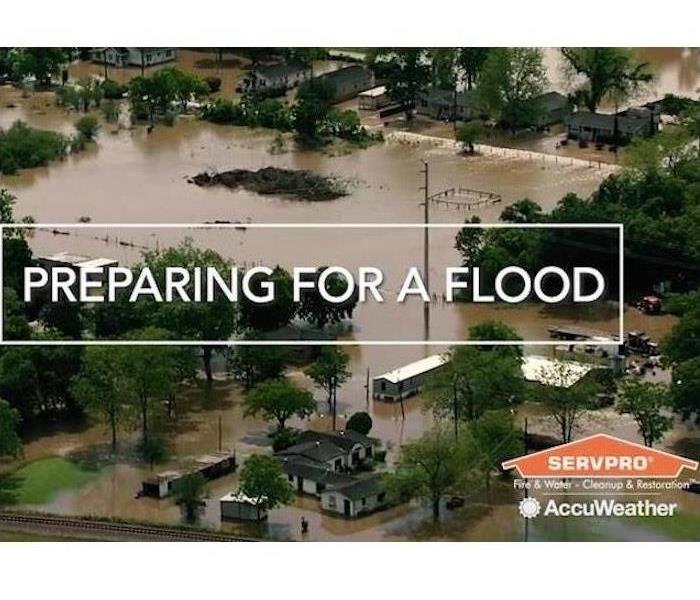4 Tips for Preparing Your Business for Flood
4/5/2022 (Permalink)
Floods can be and are often unpredictable. Heavy rains and overflowing bodies of water are just two common causes of flooding. Different areas of the country have different levels of flood risks. It's impossible to be totally prepared for every possibility, but there are measures you can take to make a significant difference in the event a disaster occurs.
4 Ways to Prepare Your Business for Flood
1. Create an Emergency Kit
Create an emergency kit with all the essentials stocked in case of a flood. It should include a well-supplied first aid kit, medicines, non-perishable food, a can opener, eating utensils, bottled water, flashlights, a battery-powered radio, spare batteries, blankets and any essential phone numbers.
2. Assess Your Insurance
Call your insurance agent to ensure you have enough of the correct insurance type to provide an adequate coverage amount for whatever might occur. See if you can add coverage for flooding, as well as business interruption coverage. This can cover you from property destruction, black water cleanup and sanitization, and lost revenue if the business has to shut down for a while. As water damage restoration professionals return the building to its preloss condition, you can continue to pay your employees.
3. Design an Emergency Evacuation Plan
Some roads will be blocked by high water or debris, such as downed tree limbs during a flood. Check with the Federal Emergency Management Agency for topography maps of your area. This provides a way to plan alternate routes for your employees to navigate home safely.
4. Backup Important Documents and Data
All of your important documents, whether digital or paper documents, must be backed up. These include insurance documents, employee files, vendor contact information, contracts, etc. You should save digital files to the cloud and make copies of paper documents to be kept off-site.
Whether your building's location is particularly susceptible to flooding or not, you must be prepared for flood damage for your employees' safety and the preservation of your business.






 24/7 Emergency Service
24/7 Emergency Service